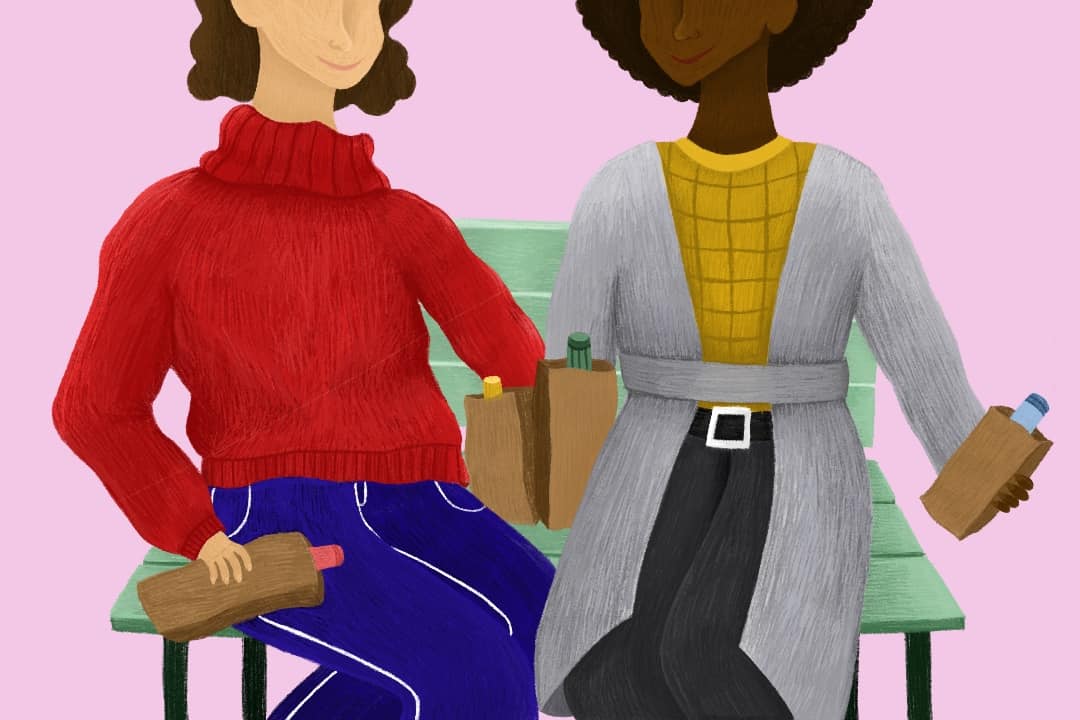Toronto City Council has once again decided against amending the strict public drinking laws in city parks for this summer.
Every article, tweet, or conversation about the superfluous debate in council makes sure to mention that the other big cities in the United States, Europe, and even within Canada have loosened guidelines about day-drinking in public parks.
Those who object to public drinking argue that it can deconsecrate the wholesome, family-friendly nature of a public park and that overindulgence following permittance of day-drinking can lead to indecent behaviour.
The more significant of the two primary concerns is that if the city allows drinking in public, it could lead to more cases of public intoxication. There is no questioning the criminality of public intoxication, but that is not the issue being discussed here. Of course, high levels of intoxication open the gate to other actions that are indeed offensive to society. However, we must consider that the motion put forth to council by the Toronto City councillor for Ward 12, Josh Matlow, only asks for the legalization of the consumption of beverages with low alcohol content between the hours of 11:00 am and 9:00 pm.
It should be noted that Toronto’s drinking laws are abnormal for a city of its size. Cities like Vancouver, Montreal, and Edmonton have begun to allow drinking in public parks over the last couple of years.
The city of Calgary, which launched a program to allow drinking in parks just last year, released a report about their pilot program. The program allowed the consumption of lighter alcoholic beverages in certain public parks during the summer months of 2021. Out of the thousands of park-goers who enjoyed a drink with their families and friends, the report found only two incidents of indecent behaviour related to the three-month program.
But this three-month program has just told us what the rest of the world has already discovered — responsible adults act responsibly.
Matlow said that the ban on drinking in public parks is “an archaic, tired rule.” I’d, however, disagree. It is a rule that was put in place in an era of self-professed civility, not archaic, not novel, but from a liminal era. Drunk and disorderly laws in Canada, which were inherited from Victorian England, are shaped around good Victorian manners. But what we fail to recognize when considering public drinking laws is that ideas pertaining to societal etiquette eternally shift, squirm, and poke out in different times and places like worms in the earth.
The rules of morality and ethical conduct have shifted dramatically from the Victorian period to modern day. The last few decades especially have been unprecedented in regard to how much and how quickly cultural attitudes about everything from clothes, to cars, to careers have changed. In an era of constant progression, legislation on anything that is so inconsequential as proper alimentary manners becomes frivolous.
Rules about how to conduct oneself in public need not be dictated through legislation in a liberal democracy and instead should be deferred to softer authorities such as cultural, societal, and religious norms. Codified law about generally unharmful behaviour becomes a nuisance to amend and a buoy for non-malicious government overreach.
I am by no means an expert in legal philosophy, and I am still a neophyte in my own liberal-arts education, but it does not seem to me to be the best course of action to regulate what is, at its core, an example of etiquette, rather than real offences to society, person, or property.
There are no laws on what styles of clothing to wear depending on where you are or what time of day it is. There are no laws on saying “please,” “thank you,” and “have a nice day,” because good manners are always evolving, and new conventions in the way people go about their lives and interact with others always appear and disappear. This is the opposite of a legal vacuum. It is legal excess.
Personally, I have neither stake nor steed in this race. I am not a drinker. But even as someone who would be virtually unaffected whether or not there is a change, the precepts upon which the policy rests are bothersome.
The city and the province have a lot of resources to spend responsibly, so I am not going to bring up anything in the vein of all of this being a mismanagement of municipal time and resources. I am not asking “what about ‘this,’” or that “they should focus on enforcing ‘that’ instead.” Arguments that skirt the issue aren’t productive. My objection is one of principle. I’m not questioning how things are being done, but rather asking, why does anything need to be done at all?
Laws around what someone can or cannot do in a decent society are important. Legislation that prevents individuals from engaging in behavior that actively and directly harms others is an essential tool for societal discipline. But laws should be designed in a way that benefits the community while still preserving the liberty of a reasonable person. For the most part, our laws and legal system uphold this idea. Legal and societal standards must work symbiotically in accordance with our standard of ethics.
Legislation around the issue has only served to interrupt a natural shift in societal attitudes, and complicated the natural dissolution of a value that is neither necessarily progressive nor regressive in its direction — it’s simply a shift. One little bylaw does not and should not shape our perceptions of the city and its government. I’m not arguing that the rule is tyrannical, absurd, oppressive, or any other buzzy adjective that issues similar to public drinking may be described with, but rather saying that it’s just a little silly — that’s all.
Sulaiman Hashim Khan is a second year Humanities student at St. Michael’s College.


